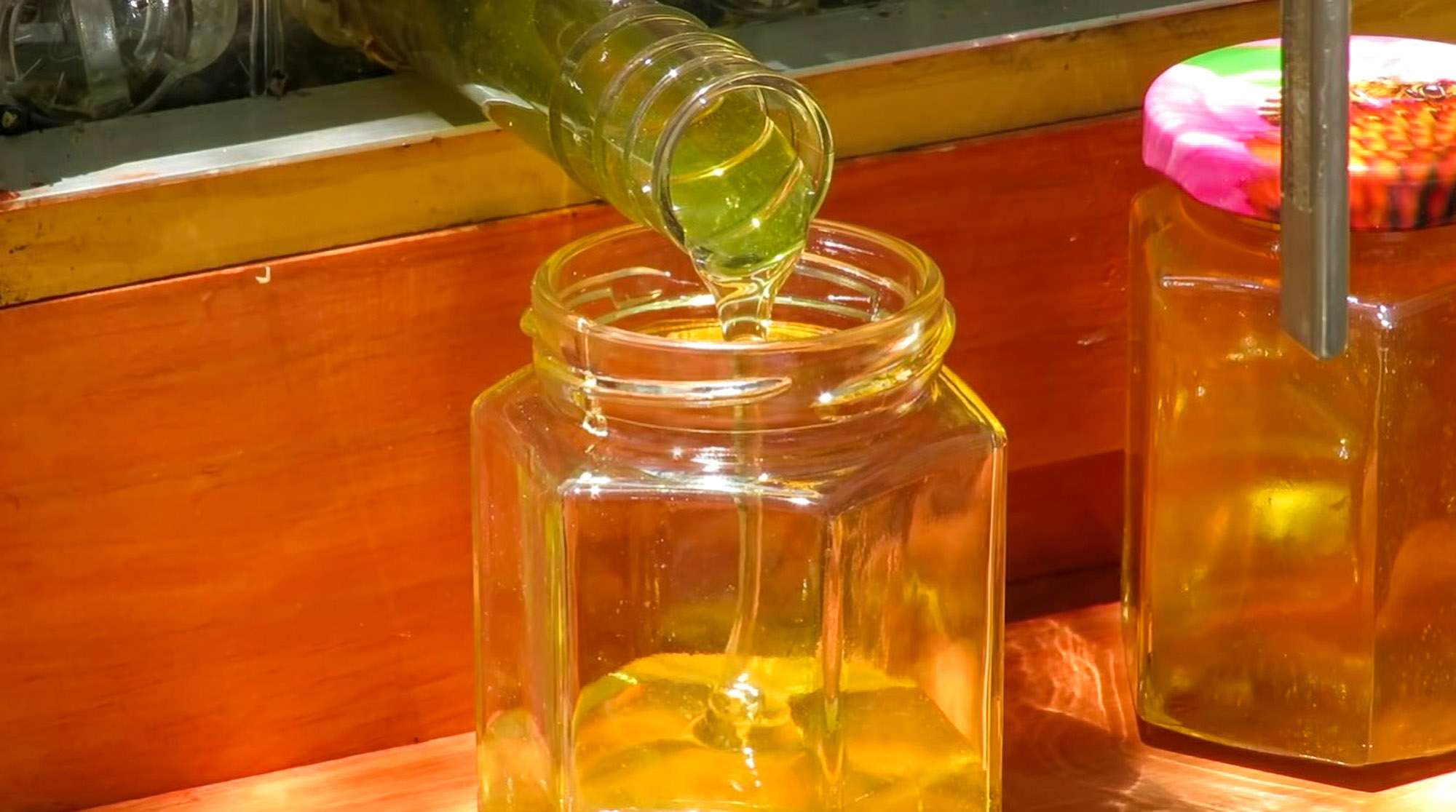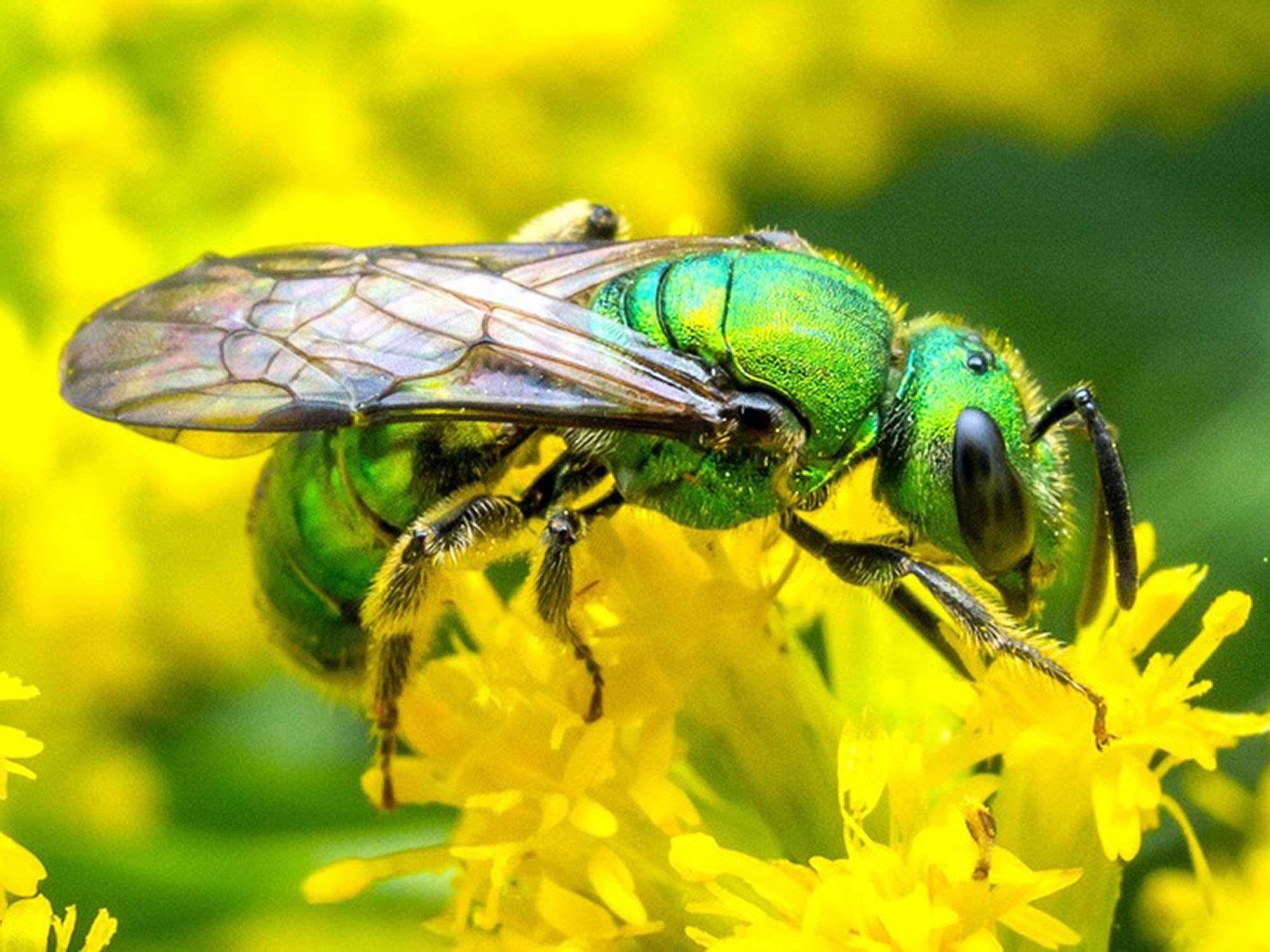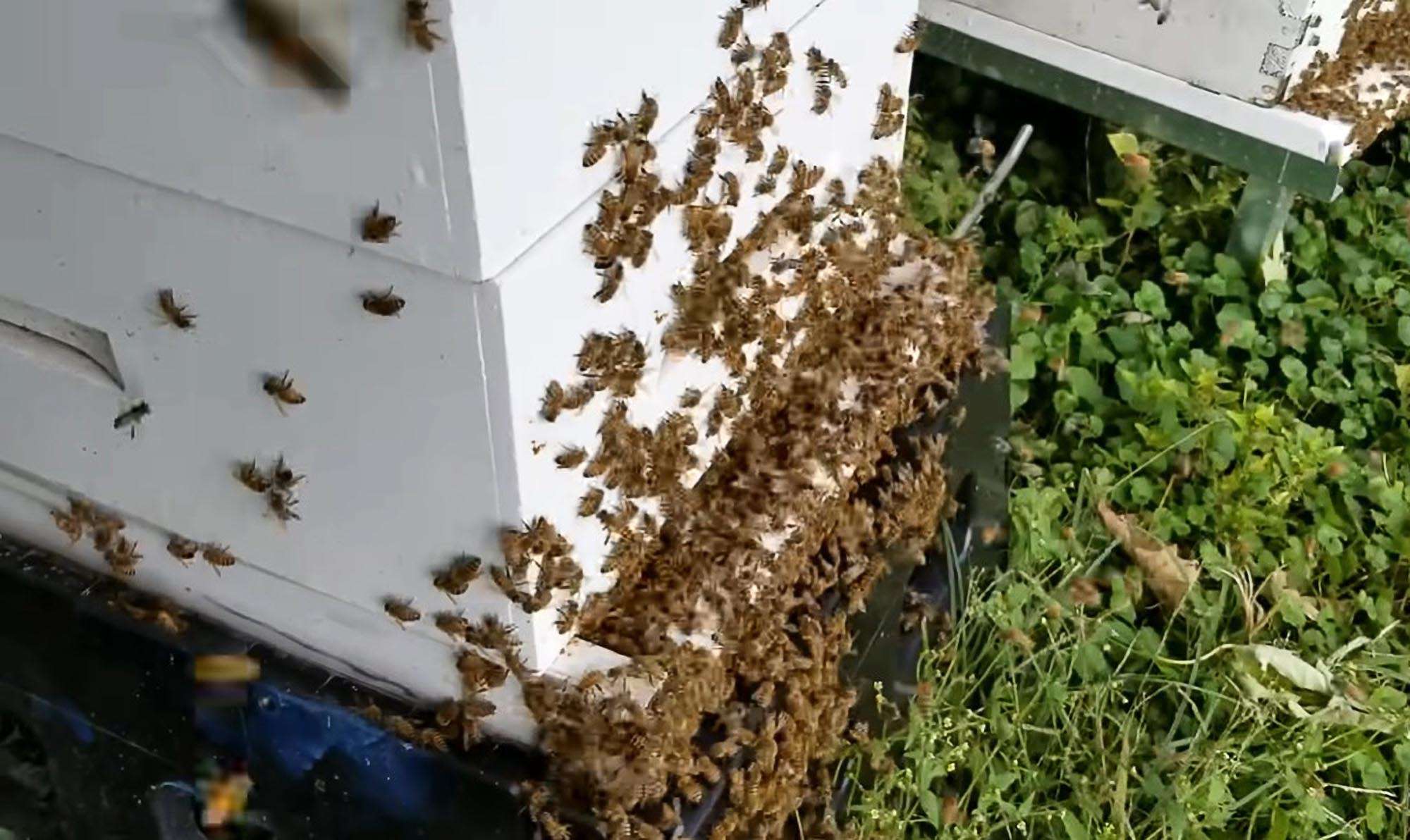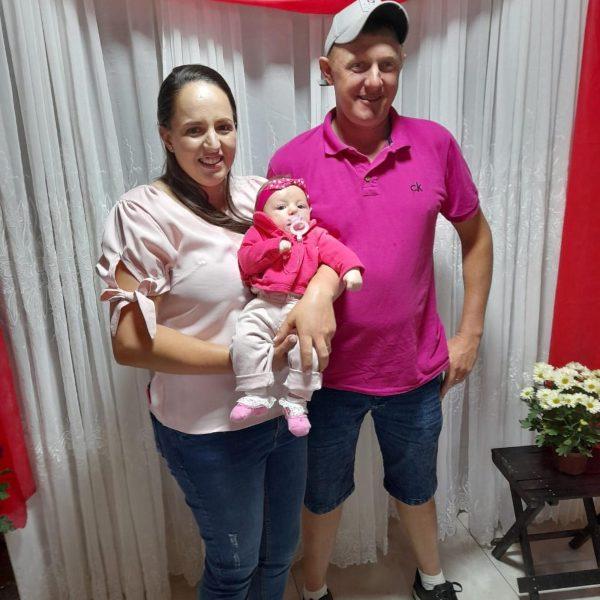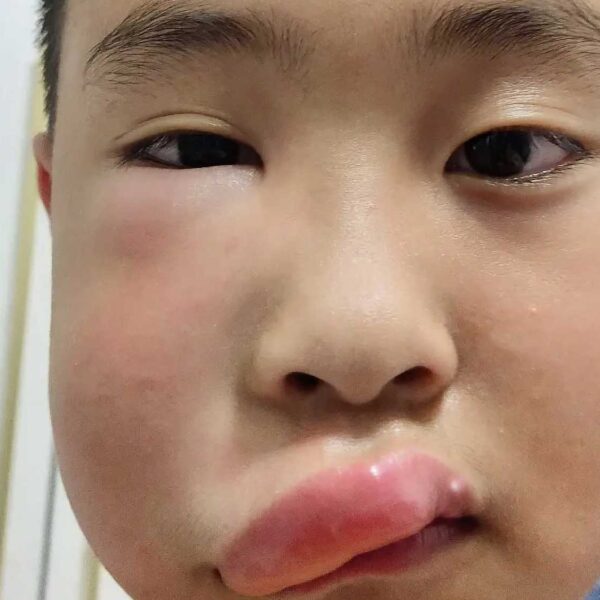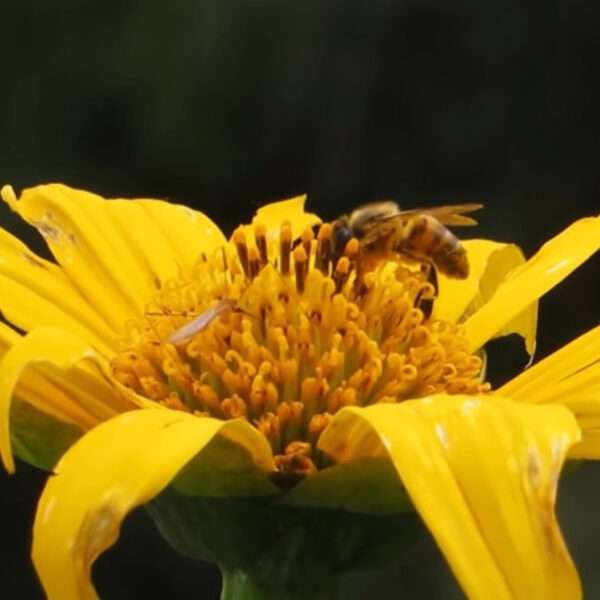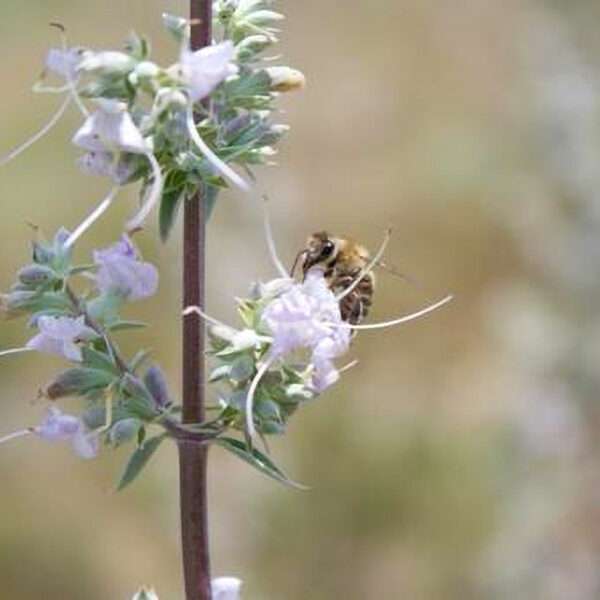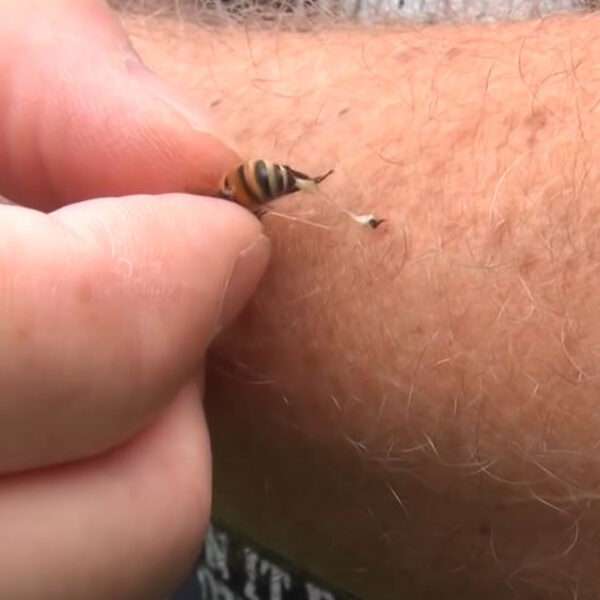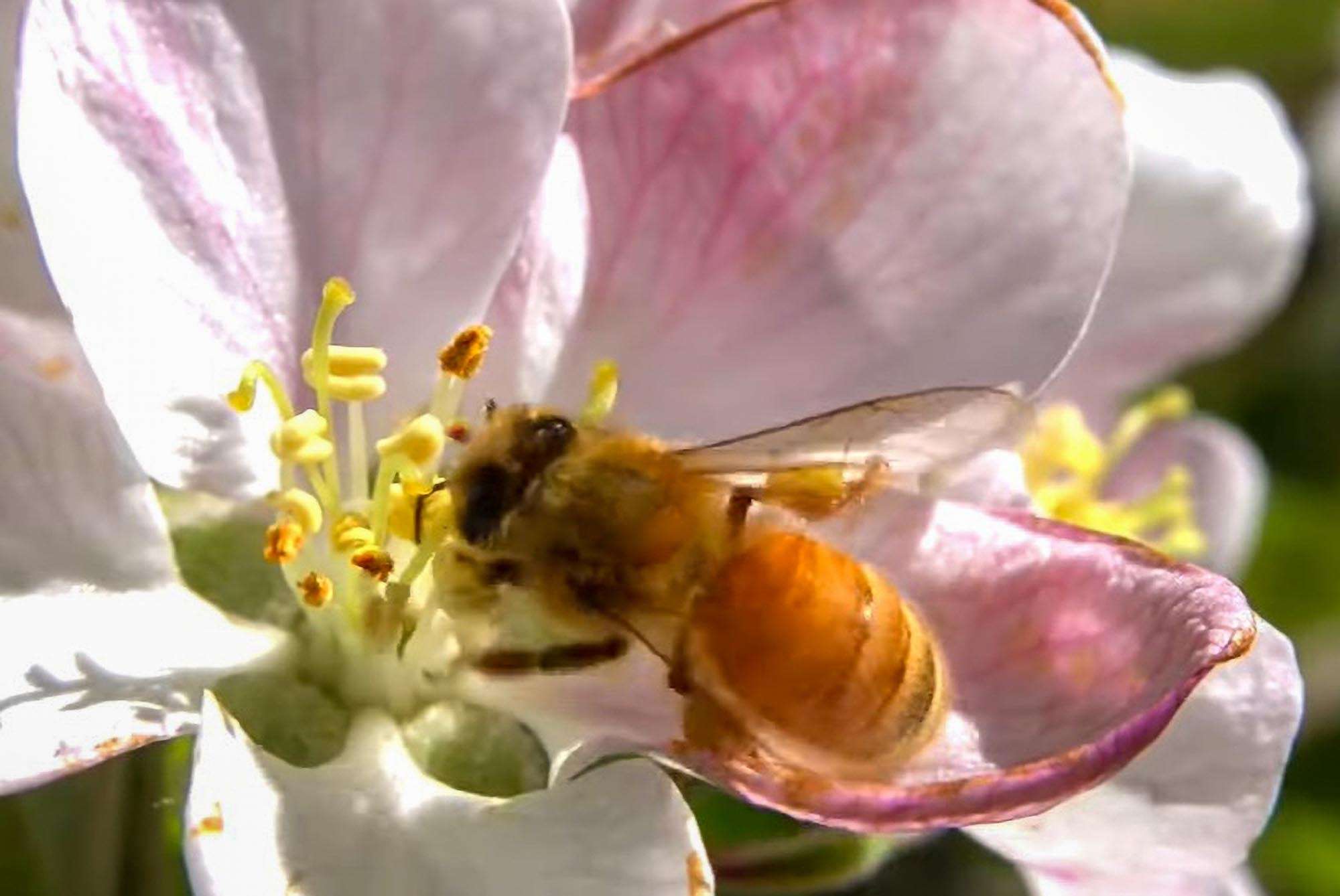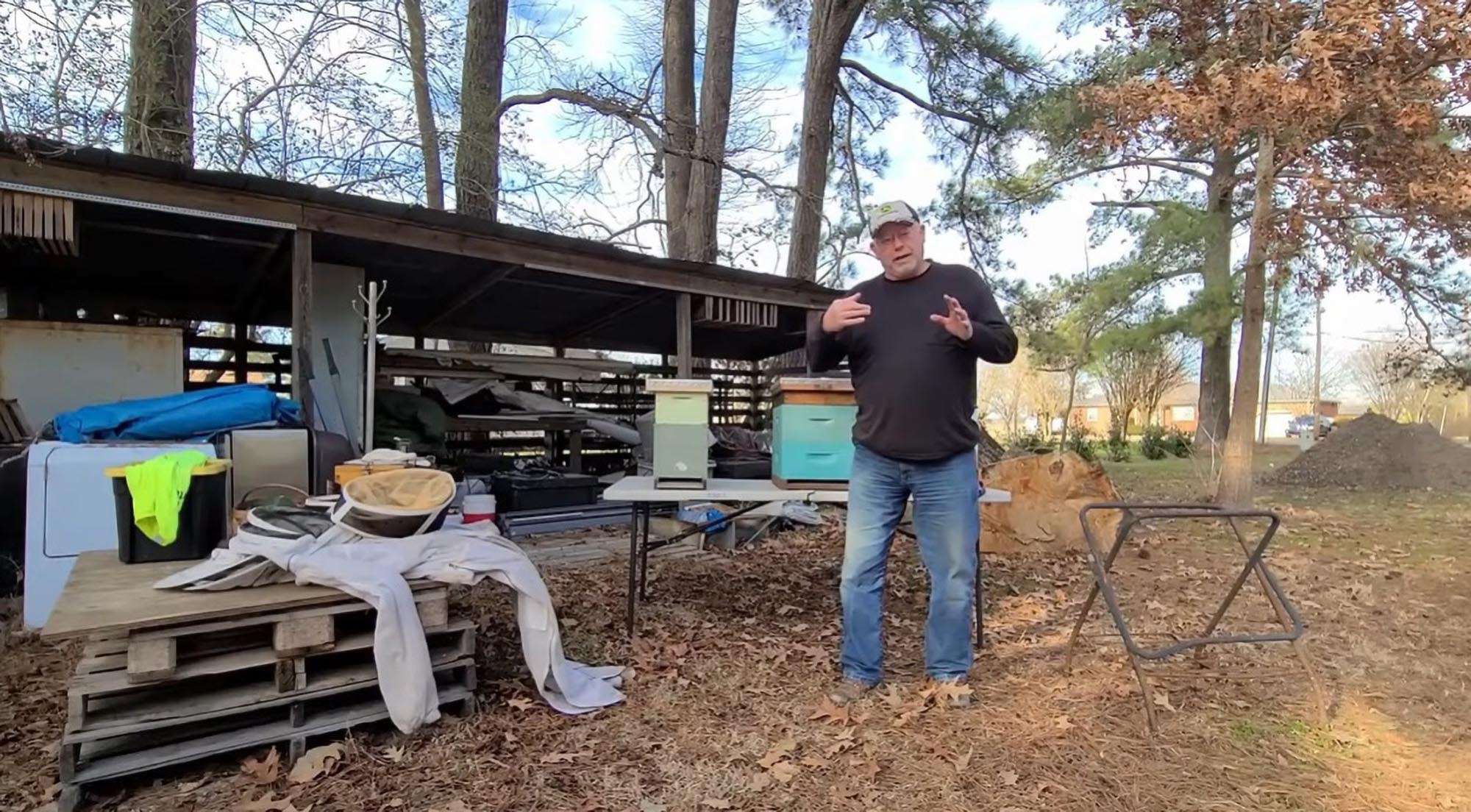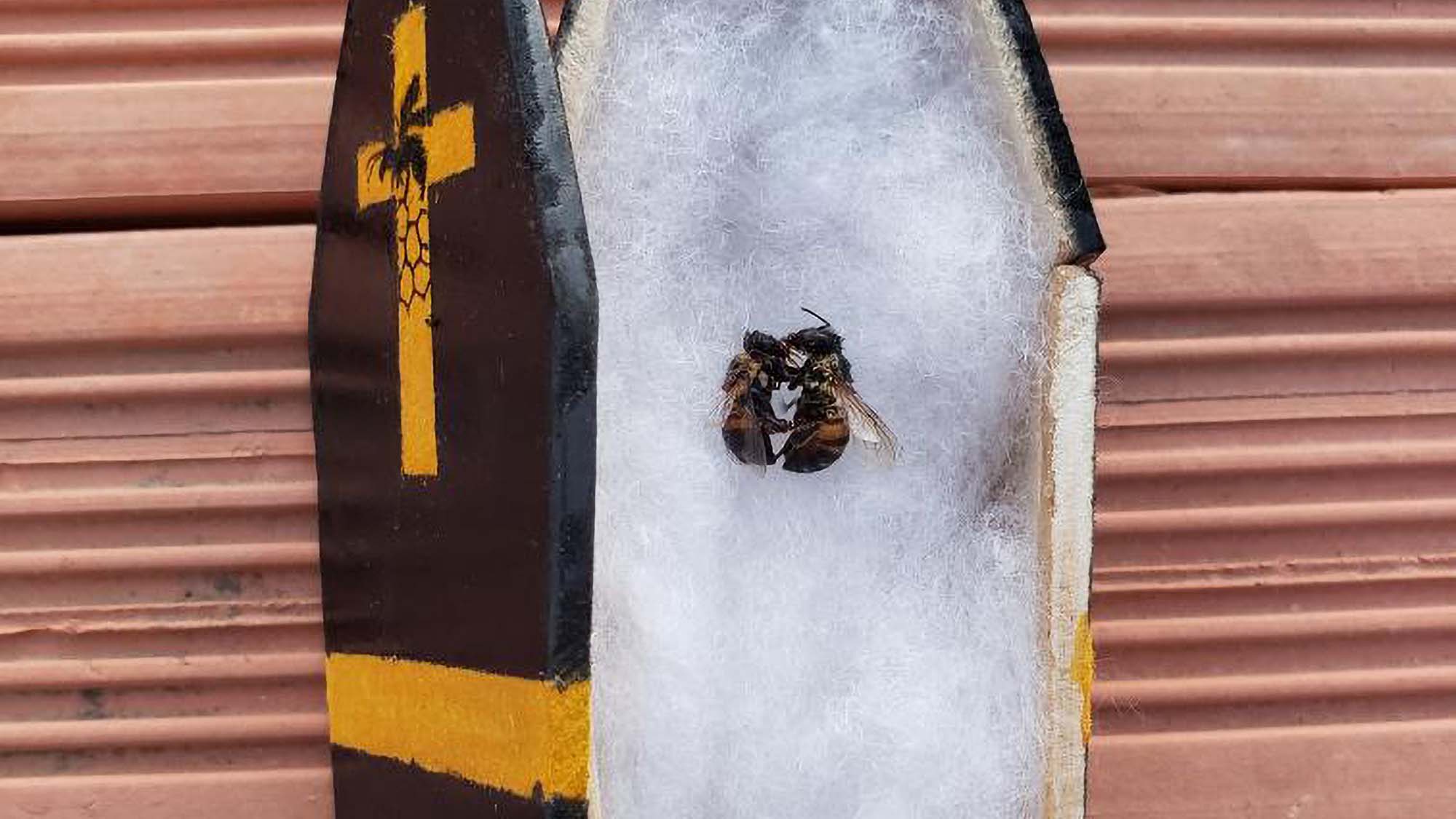A scientific check of honey on sale in German supermarkets has served up worrying results as one product was found to be tainted with a pesticide EU watchdogs have banned due to its harmful effects on humans and insects.
Consumer topics magazine Oeko-Test asked experts at a lab to carry out a comprehensive examination of 19 popular honey brands.
Eight of the scrutinised products – all of them certified organic honey – were rated ‘excellent’.
However, the quality of one conventional product and two organic honey brands were found to be ‘inadequate’ which is the magazine’s worst-possible grade.
Increased thiacloprid levels were found in the Glueckhonig aus Rapsblueten, a conventionally produced rapeseed blossom honey harvested in southeastern Europe that is distributed by Goebber, a nutrition enterprise based in Eystrup, Lower Saxony.
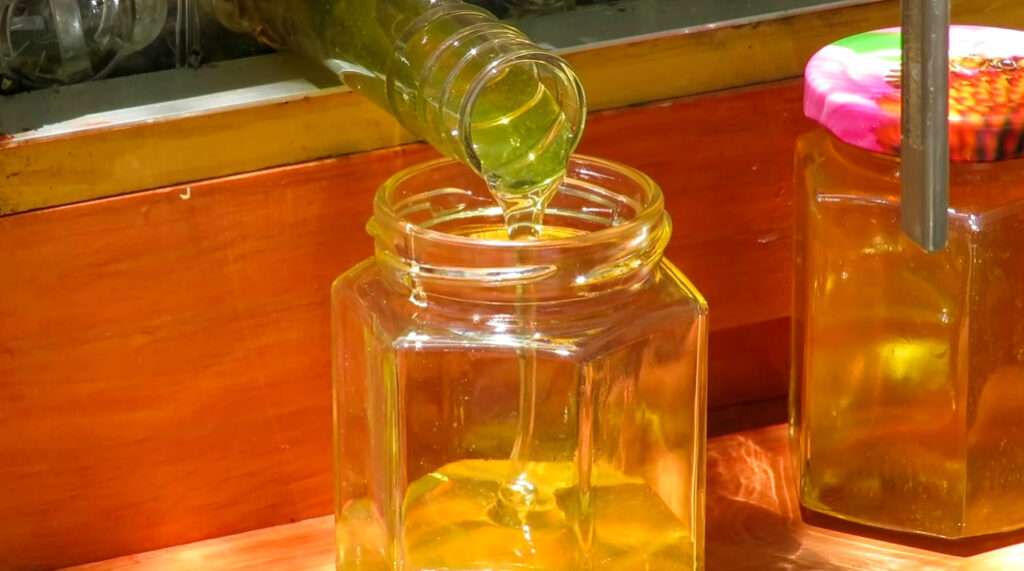
On its website, the company claims that “social engagement, protecting the environment and supporting regional businesses” were key elements of its corporate identity.
Thiacloprid is an insecticide that was banned completely from being applied within the European Union (EU) in February of last year due to its potentially harmful effects on the human endocrine system.
Scientific studies have also proven that the controversial substance poses a significant risk to honeybees as it impairs their cognitive skills, foraging, navigation performance and social communication.
The examined sample of Dennree Blueten Honig was found to be laced with sugar syrup, a substance which is completely banned from beekeeping by federal German law.
Dennree – which is headquartered in Toepen, Bavaria – says on its website: “Our products enable you to enjoy healthy and sustainable food each day.”
Langnese Honey’s bottled organic honey called Flotte Biene Bio-Bluetenhonig did not fare any better due to its “brownish texture” and “severe contamination.”
Langnese Honey is based in Bargteheide, Schleswig-Holstein. The website of the tradition-rich firm features a statement saying: “How to become the market leader for quality honey? We’ll tell you a secret: We’ve emulated our winged workers’ diligence.”
Oeko-Test journalist Heike Baier concluded in her article published in the November issue of the magazine: “To determine traces of pesticides that are harmful to bees – it cannot get more absurd.”
With nearly one million hives, Germany is one of Europe’s biggest producers of honey.
Only seven European Union (EU) member states are more productive, according to statistics provided by the European Commission (EC).
Overall, there are 20 million hives in the EU-27. Nevertheless, the association of nations is not self-sufficient when it comes to honey.
To cover consumer demand, the EU imports large amounts of the product from various countries, especially Ukraine, China and Mexico.

